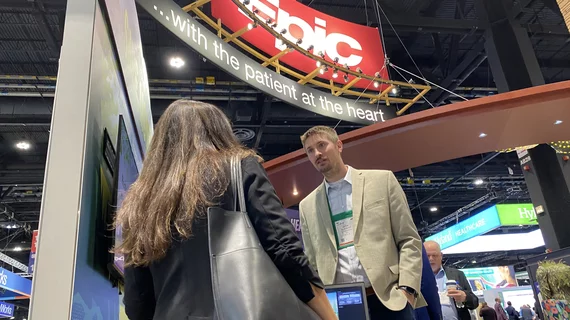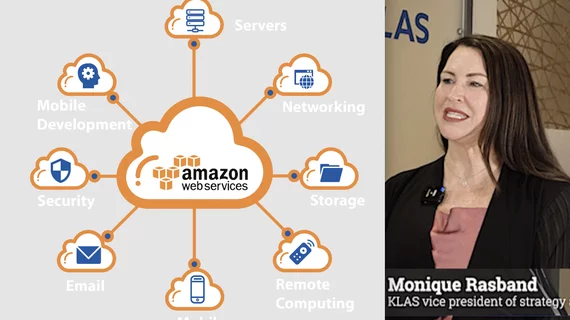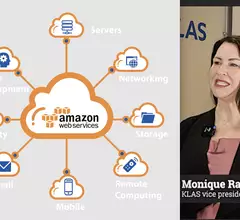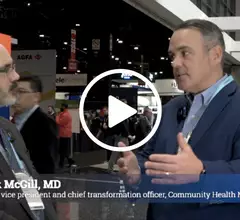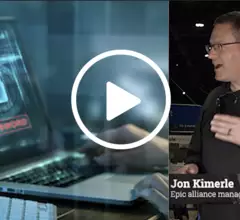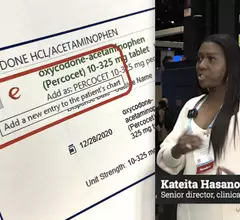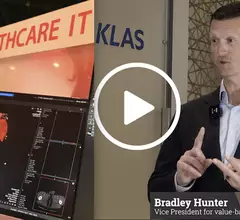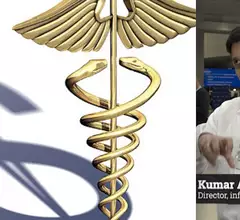Healthcare Information Management Systems Society (HIMSS)
The Healthcare Information and Management Systems Society (HIMSS) is dedicated to improving healthcare in quality, safety, cost-effectiveness, interoperability, and care access through the use of health information technology (HIT) and data management systems. HIMSS has played a key role over the past 20 years in the transformation of the U.S. healthcare system from a paper file systems to integrated digital informatics systems. The annual HIMSS conference has grown to become one of the largest healthcare meetings because of the importance of health informatics touching all areas of healthcare.
